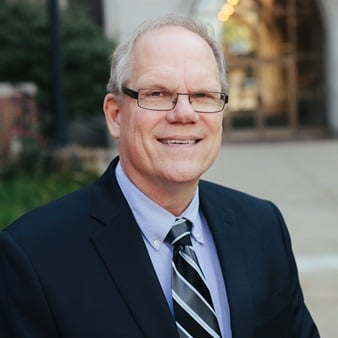Daily Devotional | Moving On in Faith
My wife taught at the elementary school level for most of her teaching career. She often told me that she enjoyed teaching beginning skills to her students. Yet even at that level, what she was able to teach depended upon what the students had learned previously.
The author of Hebrews found himself in the same position. But the stakes were much higher. Anyone who hopes to move forward to maturity in faith must first take hold of “the elementary teachings about Christ” (v. 1). If we fail to grasp the basics, we risk ignoring them altogether. The basics listed in verse 2 emphasize Christ’s role as the promised Messiah and the ultimate fulfillment of all the rituals commanded by the Law of Moses.
The people described in the hypothetical scenario of verses 4–8 are not those who had lost their faith but hearers who never fully possessed it in the first place. Despite a powerful spiritual experience, which includes hearing the gospel preached and perhaps even confirmed with miraculous signs, they ultimately reject Christ and so prove that they are unbelievers at heart. This letter is proof that the author did not believe its recipients fell into this category. Indeed, if they had, there would have been no point in writing to them (v. 4).
According to verse 11, the key to maturity is persistence in faith, which bears fruit in loving obedience. It is not a temporary experience that fades away but a settled conviction over the long haul. The kind of genuine faith the author describes in verses 9–12 is one that is lived out in the community of other believers. It is also a faith that learns through imitation, taking note of “those who through faith and patience inherit what has been promised” (v. 12).
How do we know that our faith is genuine? How do we grow that faith into maturity (vv. 9–12)?
Holy Father, search our hearts and reveal to us if there is any hypocrisy or immaturity in our faith. Teach us how to live out our faith in the community of believers. Bless our relationships in our local churches.
About the Author

John Koessler
Dr. John Koessler is Professor Emeritus of Applied Theology and Church Ministries at Moody Bible Institute. John authors the "Practical Theology" column for Today in the Word of which he is also a contributing writer and theological editor.
View More